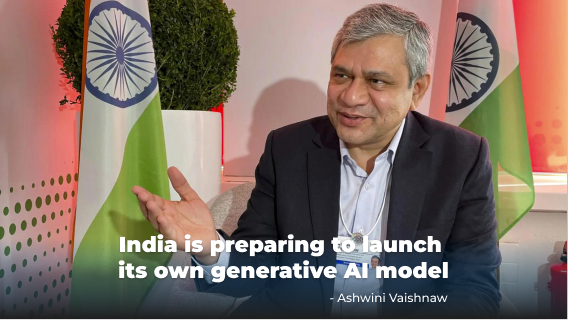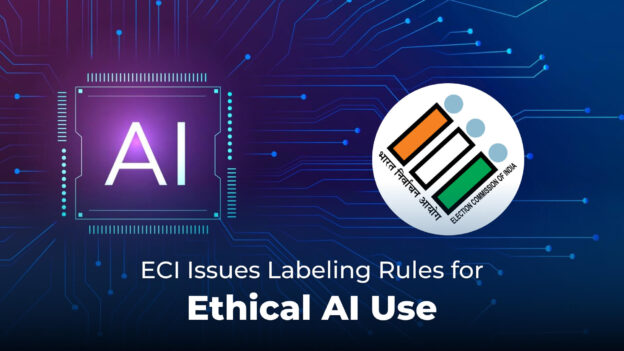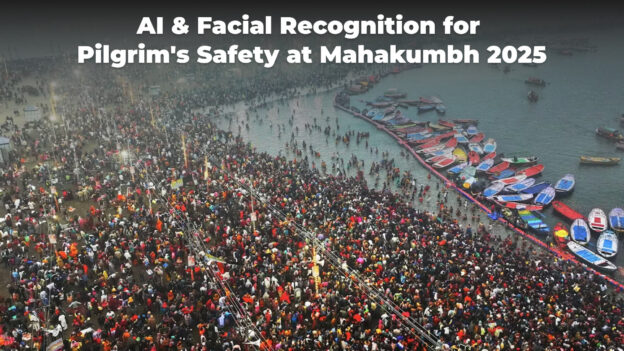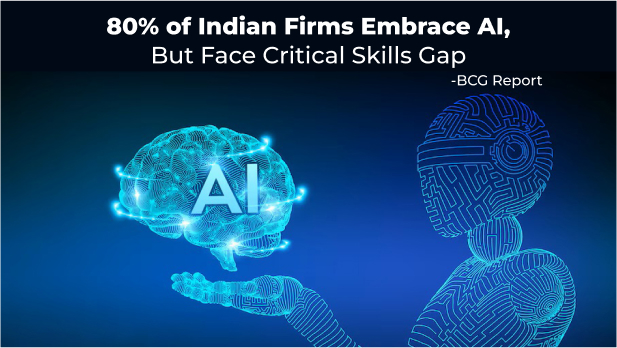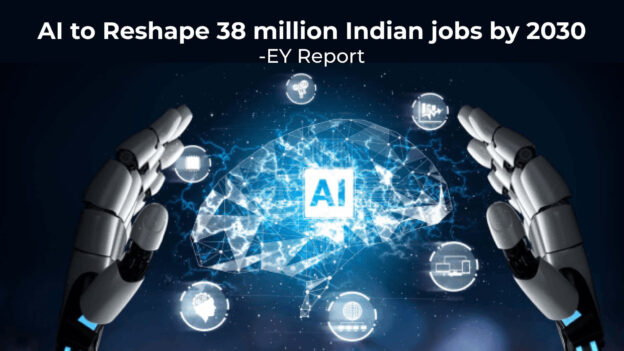Do you want to build a fulfilling career and command a top salary? Do you seek to equip a skill that will remain valuable for years to come? Enrolment in an advanced digital marketing course is what you need to do in 2025. Why? Let’s dive in to understand!
In the era where almost every business is operating globally, digital marketing is undoubtedly emerging as the most sought-after skill in 2025.
This dynamic and digital-first environment demands organisations to have a strong online presence. By 2030, the global digital marketing and advertising market will hit $1.5 trillion. This has amplified the demand for professionals adept in helping businesses attain this objective.
From utilising social media platforms and SEO (search engine optimisation) to leveraging data analytics potential, digital marketing in 2025 is a necessary skill for individuals who want to build a thriving tech career.
Whether you are a recent graduate, a seasoned professional, or an aspiring entrepreneur, mastering these in-demand skills through practical-focussed digital marketing training can help you tap into the world of opportunities.
In this blog, we will understand why digital marketing is the must-learn skill in 2025 and what top skills you should acquire to build a successful career in this ever-evolving industry.
Reasons Why Learning Digital Marketing is a Necessity in 2025
2025 is already rolling, and this era is even more digitised than ever. More than 99% of people do online research before buying anything. Keeping this in mind, almost every business regardless of size is striving to build a robust online presence. They are hiring professionals and individuals with the best digital marketing certifications who can help them reach their audience and multiply revenue.
Here are the top reasons why you should learn digital marketing in 2025.
Mobile Dominance
From browsing and shopping to social interaction, people depend on their smartphones for almost everything. Businesses are adopting different digital marketing strategies to reach their customers via hand-held devices. This indicates that professionals who can help businesses to attain their goals are in high demand.
High Demand & Lucrative Career Paths
Skilled digital marketing professionals are in high demand across different industries. Whether you learn these skills through digital marketing courses online or offline, this career path can unlock various opportunities in the industry. You can grow rapidly and advance in your career with job security. You can enrol on our advanced digital marketing course to acquire these skills and build a rewarding career.
Data-Driven Decisions
Today, data analytics is critical for businesses. They need to gather, analyse, and interpret data to understand their customer’s behaviour, optimise marketing campaigns, and make informed decisions. Here, they need professionals with the best online marketing degrees who can help them do this rapidly. You can explore and pick the best digital marketing courses to build a thriving career in this industry.
AI and Automation
AI (artificial intelligence) is transforming various industries and digital marketing is no exception. 79% of top marketing executives experienced a boost in the ROI (return on investment) after leveraging AI tools. Many educational institutions provide AI & ML training along with digital marketing certification courses to prepare students for the ever-evolving job market.
Remote Work & Flexibility
Many companies provide remote work and flexible schedules to individuals having expertise in digital marketing in 2025. Therefore, if you are looking for a career that offers flexibility and remote working opportunities, you should explore digital marketing programs. Our digital marketing classes make students job-ready through practical training and expert guidance with E&ICT-IIT Guwahati certification that helps them succeed in the field.
Entrepreneurial Opportunities
If you dream of starting your own business, then learning the fundamentals of digital marketing can greatly help you transform it into a reality. You can use your skills to build a robust online presence for your personal brand and gain numerous audiences who are likely to convert into customers.
Increased Earning Potential
Whether you want to start a side hustle, seek a good salary hike, or even begin your career in a highly-demand field, digital marketing is the right path for you. The salary of a digital marketing specialist ranges from ₹2 to ₹11.5 lakhs per year. This pay scale increases as you gain more experience.
Top 6 Digital Marketing Skills in High Demand

Now, you have understood why you should acquire digital marketing skills in 2025. Let’s take a look at the top 6 digital marketing skills that are highly demanded in this industry.
1. Search Engine Optimisation
Widely known as SEO, search engine optimisation is the process of improving the visibility of a website in organic SERPs (search engine result pages). As SEO is key for a business to be found online, they hire professionals or even build a team that helps their brand get discoverability in SERPs and acquire more customers. Keyword research, off-page optimisation, on-page optimisation, technical SEO, etc. come under SEO.
2. Social Media Marketing
Social media marketing is leveraging various social media platforms like Facebook, Instagram, Twitter, etc. to build brand awareness as millions of people use them. Many training institutes offer social media marketing courses with certificates to learn these skills to engage with customers and drive sales/revenue. Content creation, paid social advertising, platform-specific strategies, community management, etc. are all part of social media marketing.
3. Content Marketing
Creating and sharing compelling, relevant, and consistent content to attract and retain target audiences is all about content marketing. This digital marketing skill helps in building trust, and authority, and establishes the business as a thought leader which gains a massive audience. Writing, building content strategy, content distribution, and video/infographic creation are part of content marketing.
4. PPC (Pay-per-Click) Advertising
Running paid ads on social media and Google Ads is PPC advertising. This digital marketing skill is one of the most demanded as it allows for creating targeted campaigns and drives quick results. Keyword research, setup and management of campaigns, ad copywriting, A/B testing, budget optimisation, etc. come under PPC advertising.
5. Data Analysis and Analytics
Data analysis and analytics are all about gathering, analysing and interpreting data to track the performance of campaigns. This technique helps businesses to understand customer behaviour and make data-driven decisions. As data is critical to attain ROI, many brands hire professionals who possess this expertise. Data visualisation, Google Analytics, identifying trends, etc. are part of data analysis and analytics.
6. Email Marketing
Email marketing is building and nurturing a list of emails, creating engaging email campaigns, monitoring, etc. As this technique drives high ROI and offers direct communication with customers, businesses hire professionals or even build a team for email marketing. Creating email lists, email design, segmentation, copywriting, automation, etc. come under email marketing.
In Summary
By now, you have understood mastering digital marketing in 2025 offers several perks. If you acquire these in-demand skills, you can boost your career prospects, improve your earning potential, and help businesses navigate digital world complexities like a pro.
So, don’t wait anymore!
This is the right time to acquire a digital marketing certificate and kickstart a fulfilling tech career in 2025!
